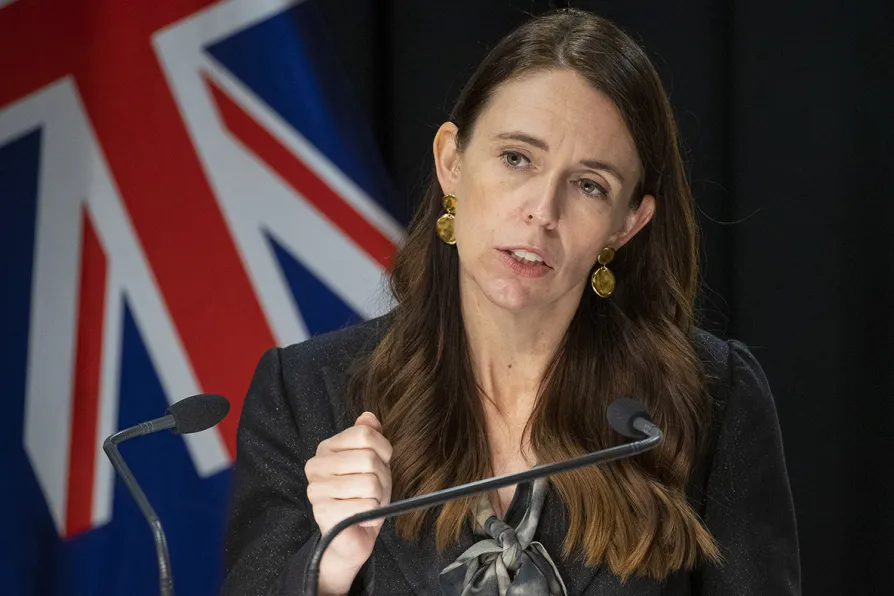John Wojcik pays tribute to a black US activist who spent six decades at the forefront of struggles for voting rights, economic justice and peace – reshaping US politics and inspiring movements worldwide

 PM
Jacinda Ardern is confident the pro-worker legislation will pass
PM
Jacinda Ardern is confident the pro-worker legislation will pass
JACINDA ARDERN’S Labour government in New Zealand has introduced legislation to enable industry-wide collective bargaining where unions can demonstrate worker support, or it passes a public interest test.
New Zealand’s Minister for Workplace Relations Michael Wood introduced the Fair Pay Agreement (FPA) Bill into Parliament, delivering on a Labour campaign pledge at the 2020 election.
New Zealand’s industrial relations system currently only permits collective bargaining at an enterprise level, between individual employers and unions.

TONY BURKE says an International Labour Conference next month will try for a new convention to protect often super-exploited workers providing services such as ride-hailing (taxis) such as Uber as well as fast food and package delivery













